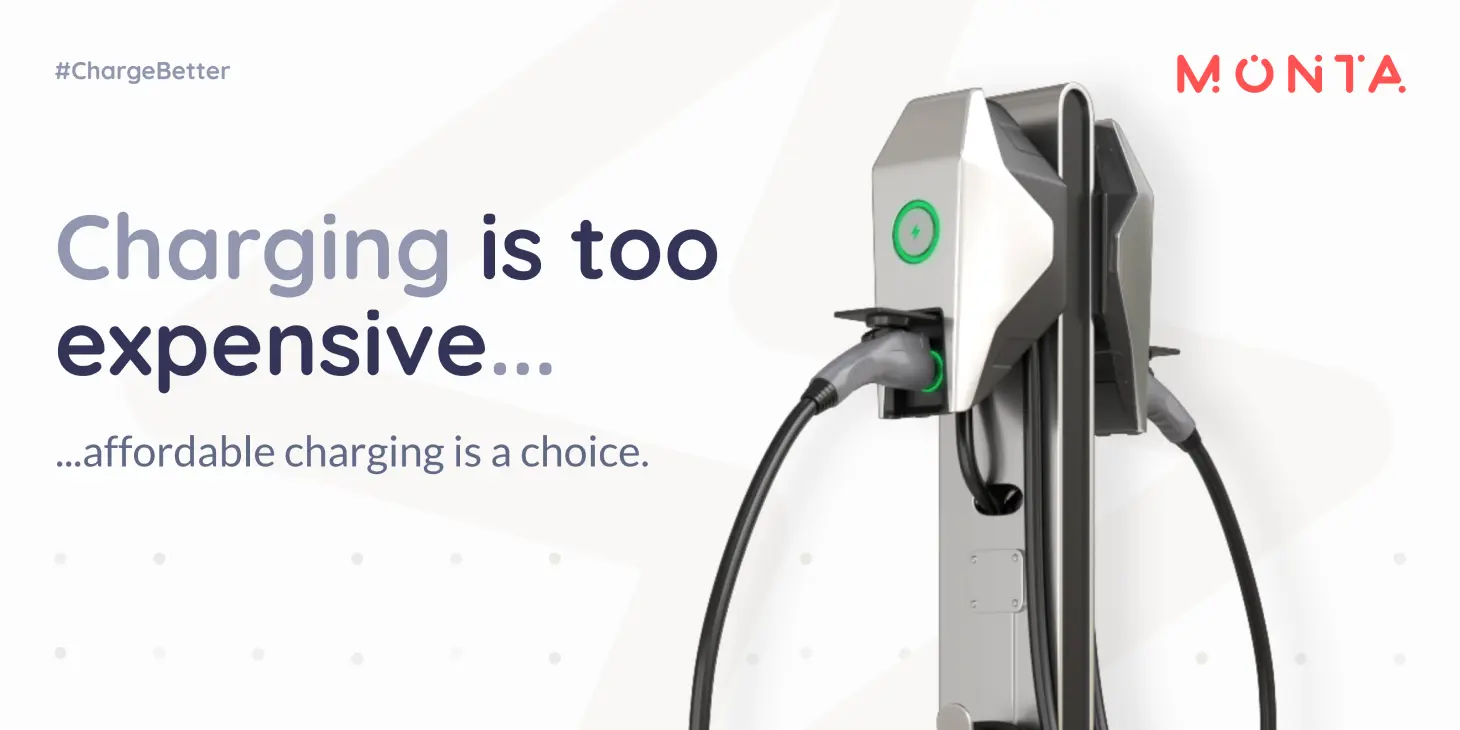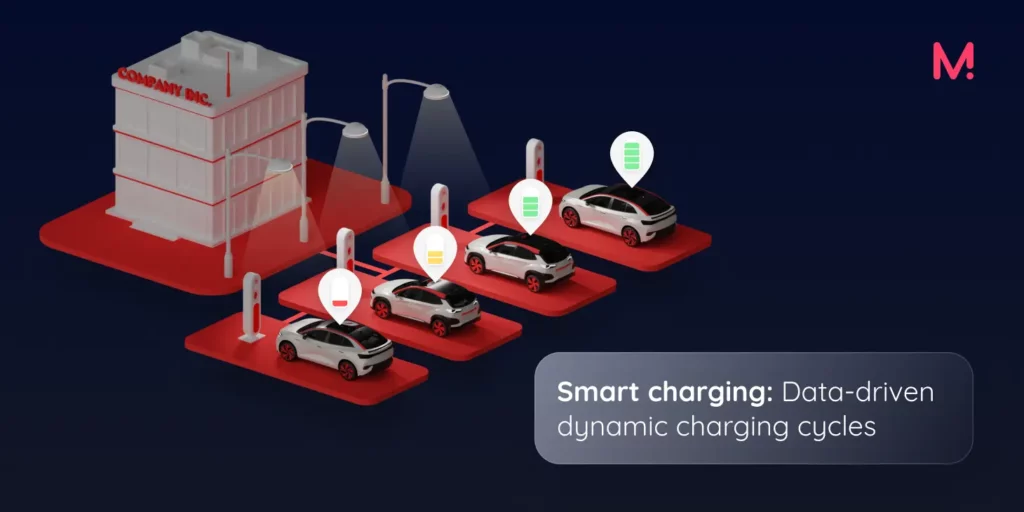
Efficient use of energy, sometimes referred to as just energy efficiency, is the aim to lower the amount of energy required for providing products and services, as well as reduce air pollution impacts. In a nutshell: Energy efficiency means using less energy for the same work, which cuts down on your homes energy waste and helps you save money.
While renewable energy technologies can help achieve these goals as well, improving energy efficiency is the most cost-effective – and often most direct – way to cut back on the use of fossil fuels. It is also one of the most effective ways of fighting climate change, cleaning up the air we breathe, saving money, and helping businesses improve their profits.
Energy efficiency helps to lower the air and water pollution caused by some types of power generation, and avoid adverse impacts to key ecosystems – like the obstacles that new hydroelectric dams could put in place for migrating salmon.
Smart technology can help you save energy & money
Energy efficiency uses technology to help you save energy. You can still turn on your lights, drive a car, or wash your clothes – but you will use less energy doing it.
Replacing older appliances with energy efficiency models saves the average home over 500 euros per year, thanks to the nations Energy Efficiency Standards, and these savings may grow to 840 euros by 2030.
If only 10% of homes used energy-efficient appliances, that would cut carbon emissions equivalent to the removal of 1.7 million acres of trees, according to EPA data.
Saving energy lowers the cost of power, and may lead to a financial savings for consumers, if energy savings make up for any extra costs associated with installing an energy-efficient technology. As can be seen, costs are more than offset by the energy savings, which lowers the cost of energy for consumers and businesses.
Switch to Energy-Efficient Appliances
Consumers are getting a double benefit, as appliances are becoming cheaper too; today, a new refrigerator uses 75% less energy, and when adjusted for inflation, costs less than half what it did in the 70s. Even though consumers often can save money by investing in energy-efficient appliances, studies show consumers do not generally do this, leaving a lot of obvious money-saving investments on the table.
Replacing, say, a 50 percent-efficient older gas furnace with a new 95 percent-efficient one can drastically cut power usage, carbon emissions, and the cost of a winters worth of gas.
Washers, dryers, and dishwashers use large amounts of energy – both while running long hours, and even when not in use. In fact, an estimated 75 percent of energy used to power household electronics is consumed while they are turned off, costing you as much as 200 euros a year. Many space heaters consume 1500 Watts of power to operate, and are considered an expensive way to eat into your electric bills.
Create Smart Energy Habits at Home
Effectively increasing energy efficiency involves more than using less power. It requires becoming conscious of how power is used, where power is wasted, and how to more effectively and efficiently harness power for daily living.
Creating smart energy habits at your home reduces waste, increases energy efficiency, and saves money on your electric bills all year long.
There are a variety of different ways you can lower the energy consumption in your household, from simple behaviour changes to major improvements in the home:
- You can reduce the amount of electricity used by your appliances by doing your home tasks by hand, like hanging clothes to dry rather than putting them in a dryer, or washing dishes by hand.
- Consider using an air-drying setting on your dishwasher, and washing clothes in the shorter cycles. Most energy used to wash clothes comes from heating water, so washing them in cold water makes a major difference; there are detergents specifically designed for cold water
- Conserve energy without improving energy efficiency by heating your home less in the winter, using an electric vehicle, air-drying clothes instead of using the dryer, or turning on Energy Saver Mode on your computer.
- Dropping your thermostat just three or five degrees can lower your monthly utility bill and consume less power.
- Since you are not using so much hot water, you may as well lower the temperature of the water heater. Turning down the heat on the heater to its hottest setting, 120 degrees F, could save you several euros each month.
Electrify your Car
Drivers could save up to 14,500 euros over 15 years in fuel costs if they drove an electric car rather than a similarly powered gas-powered car, according to new analysis conducted by researchers from DOEs (US) National Renewable Energy Laboratory (NREL) and the Idaho National Laboratory (INL). Researchers from DOEs (US) National Renewable Energy Laboratory (NREL) and the Idaho National Laboratory (INL) have conducted the study.
Over an estimated 15-year life of the vehicle, electricity used to operate the electric vehicle could cost up to 14,480 euros less to run than the cost to fuel the gasoline-powered car, according to the U.S. Department of Energy (DOEs) National Renewable Energy Laboratory and the Idaho National Laboratory. Over time, especially if gas prices keep rising, an electric car is sure to save you money.
Admittedly, while the power costs of hybrids and plug-in electric vehicles are typically lower than those of comparable conventional vehicles, the purchase price can be considerably higher. Electric light-duty vehicles – which cover 300 miles with one battery charge – have per-mile costs that are four cents higher than comparable gas models, though this is mostly because these are new, advanced EVs sold at luxury car prices.
On the other, charging an EV costs about half of what it costs to fuel a standard gas-powered car to travel the same distance according to eGallon calculator. An electric vehicle (EV) has the potential to significantly offset transportation costs through reduced fuel and maintenance costs.
In general, a new gasoline-powered car costs approximately 1,117 euros a year to operate, while only 485 euros a year is needed for a new electric car. A fully electric car is about two or three times cheaper to operate than a gas-powered car, per mile, according to Californias current gas and electric prices.
And remember, since the Monta app has been available, charging has never been easier and more convenient. With new functions such as Electric Vehicle (EV) Smart Charging, even more money can be saved on a daily basis.
Smart Charge your Electric Vehicle
EV Smart Charging refers to a system that enables owners to charge their vehicles more efficiently and cost-effectively. The system uses data from the grid and the EV owner’s usage patterns to optimise the charging process, reducing the overall cost of charging. This is possible because the software understands when charging should take place depending on various factors such as low price, vehicle usage time, and required charging breaks.
Smart EV Charging, basically, means that the charge point is connected to the Internet, enabling it to be remotely controlled by a software provider.

Benefits of EV Smart Charging
The entire charging cycle becomes more dynamic and more data-oriented – which means smarter charging has various advantages:
- Reduced overall cost of charging your EV
- Electricity is used more efficiently (i.e. less wasted power)
- “Peak demand” charges from your utility company are avoided
- Increased convenience (e.g. being able to set a charging schedule that works for your lifestyle)
You want to learn more about how you can save money while charging your EV? Learn more about EV Smart Charging, and how to get started.
By using smart technology to use energy more efficiently, we can help cut emissions of greenhouse gases and other air pollution, address growing energy demands, combat the threat of climate change and help protect our health. It is also one of the most economically efficient ways of fighting climate change, cleaning up the air we breathe, helping families stay within their budgets, and helping businesses improve their profits – and we can do so by simply using our energy more efficiently.